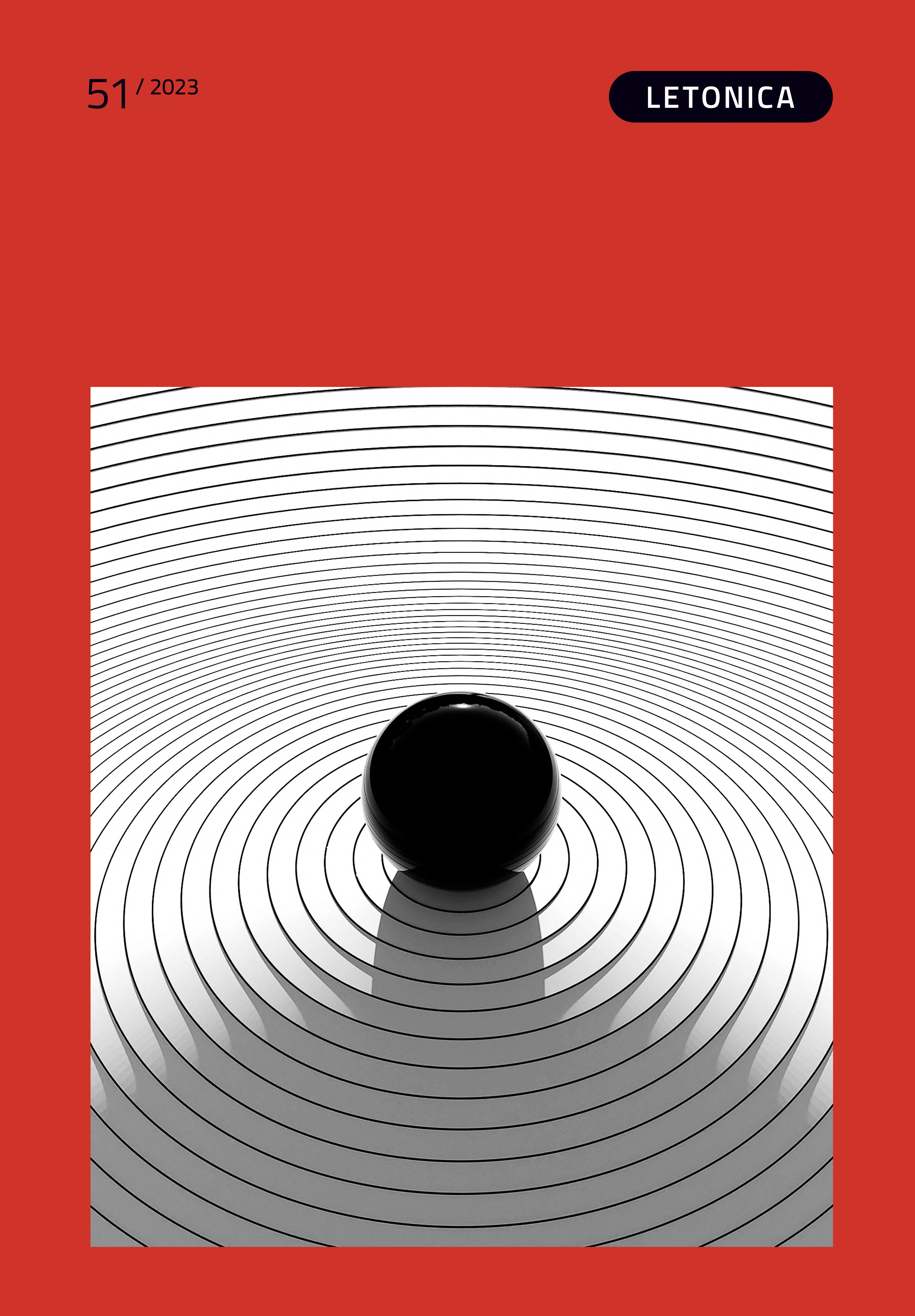Writing the History of Latvian Literature in the Soviet Period: Problems and Perspective
Writing the History of Latvian Literature in the Soviet Period: Problems and Perspective
Author(s): Benedikts Kalnačs, Māra GruduleSubject(s): Language and Literature Studies, Cultural history, Latvian Literature, WW II and following years (1940 - 1949), Post-War period (1950 - 1989), History of Communism, Cold-War History, Translation Studies, Politics of History/Memory
Published by: Latvijas Universitātes Literatūras, folkloras un mākslas institūts
Keywords: literary scholarship in Soviet Latvia and in exile; writing the history of literature; translation of the Bible; the reception of early Latvian texts; the novel Mērnieku laiki;
Summary/Abstract: The article focuses on the political and ideological conditions that shaped the dominant trends in writing the history of Latvian literature in the second half of the 20th century. The main focus is on the situation in Soviet Latvia in comparison to that in exile. The limited possibilities that existed in the interpretation of literary history under Soviet rule as well as the researchers’ compromises with the official requirements are considered. The article also scrutinizes the literary research in exile, paying special attention to archival studies in the Western world. Two thematic aspects are discussed here in greater detail. Firstly, we analyze the Soviet-time reception of the novel Mērnieku laiki (The Surveyors’ Times, 1879) by Reinis and Matīss Kaudzīte – its evaluation in official publications on literary history and in an anthology of literary criticism, as well as in studies by literary scholars Ingrīda Kiršentāle, Elza Knope and Oto Čakars. Secondly, we discuss the reception and interpretation of Latvian texts of the early modern period, concentrating on the discoveries of new facts of literary history that have significantly expanded the awareness of the links between Latvian culture and that of other European literatures. In the Soviet context, these discoveries are particularly related to the publications of Aleksejs Apīnis. This article also follows the process whereby the interests of researchers in exile and of those in Soviet Latvia gradually converged, as they reflected on two important sources of Latvian literature – folklore tradition and translation of the Bible – as they shaped both the national and European identity.
Journal: Letonica
- Issue Year: 2023
- Issue No: 51
- Page Range: 10-24
- Page Count: 15
- Language: English

